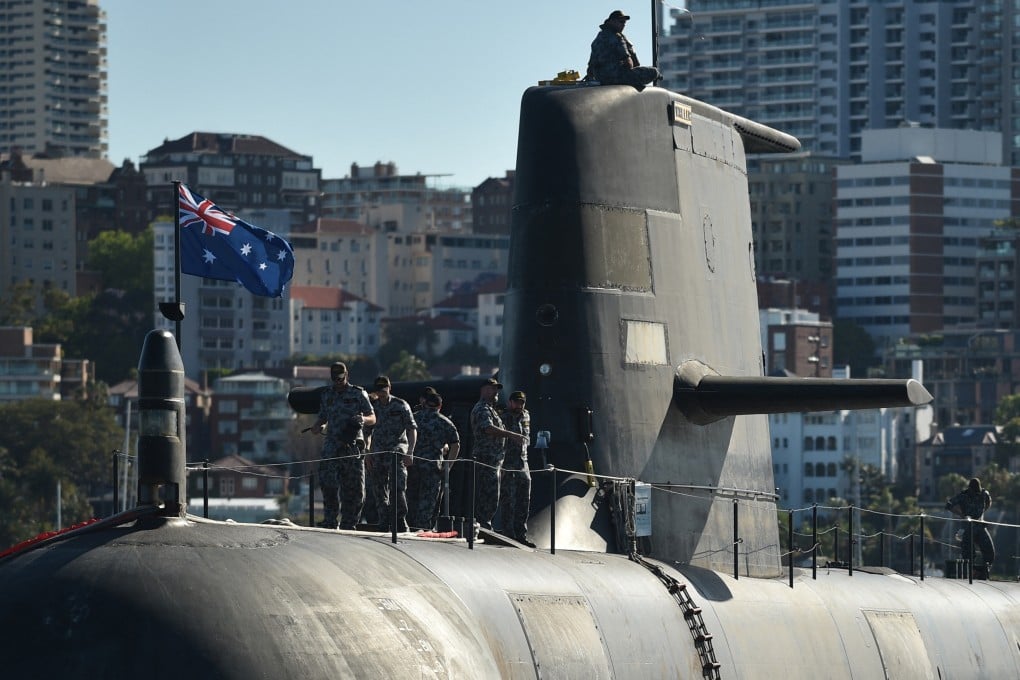Abacus | Did Aukus just torpedo Europe’s ‘united front’ to contain China?
- The uproar over Australia’s nuclear submarine deal threatens the relationship between the EU and the US, and could push France and Germany into softer positions on China
- How France and Germany align will hinge on newly elected Olaf Scholz, and may come down to the Germans making a choice between Washington and Beijing

James Bond, embodied by Daniel Craig, pouted his way down the red carpet in London on Tuesday for the premiere of his final adventure as Britain’s favourite secret agent. The Bond film series has transformed many times over its 50-year run, adapting with the times.
Bond films have ranged from camp comedy with David Niven and Roger Moore, to brutal, Cold-War-tinged super-spy thrillers with Sean Connery and George Lazenby in the role, to gritty and modern action with Pierce Brosnan – and Timothy Dalton’s romp to fight Soviet arms dealers alongside Afghan freedom fighters in The Living Daylights falling somewhere strange in between. As Commander Craig hands back his blanks-firing Walther PPK and heads for his favourite pub in Shropshire, we are left wondering: who will be the next “Bond, James Bond”, and where will the source of villains be drawn from?
Given the events of the past few weeks and the tantrums from the French, I’m wondering if Port Antonio in Jamaica gets swapped for something nearer to Bond’s home – perhaps Boulogne – and the screenwriters write in a new French villain we’d love to hate. Perhaps with some heinous scheme to make the world’s stocks of fish and shellfish radioactive.

To my mind, all large, ocean-going vessels, whether they float or submerge, should be nuclear, as you don’t have to keep filling the filthy things up with diesel – or worse still, heavy oil. And I must say I think the Chinese may have missed a trick here by not immediately offering the Australians a cheaper alternative to American reactors. China seems to be quite good at building nuclear power stations around the world adapted from Western technology and has a very capable Navy with its own nuclear-propelled vessels.
NO TIME TO SINK

